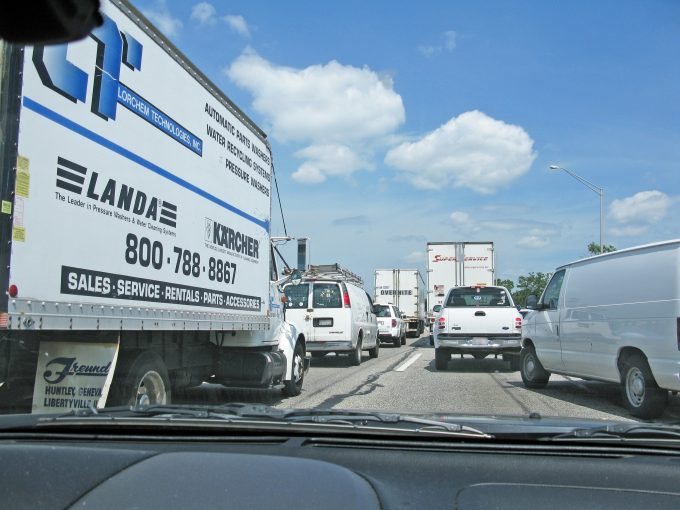US u-turn on corruption abroad 'won't drive rise in deals won by bribery'
Donald Trump’s decision to “pause” rules banning bribery abroad will not have much impact, according ...

Inspections of trucks by the Texas Department of Public Safety (DPS) continue to hamper cargo flows across the Mexico-US border and shippers are taking lengthy detours to get urgent shipments to their US destinations, and some are considering charters.
On the orders of the state governor, the DPS started inspecting trucks from Mexico on 20 September, at multiple border points, and on top of restrictions on truck and rail traffic, they have led to a sharp increase in wait times for ...
Transpacific sees first major MSC blanks as rates fall and volumes falter
'It’s healthy competition' Maersk tells forwarders bidding for same business
Opposition builds for final hearing on US plan to tax Chinese box ship calls
White House confirms automotive tariffs – 'a disaster for the industry'
New price hikes may slow ocean spot rate slide – but for how long?
Shippers snap up airfreight capacity to US ahead of tariff deadline
Supply chain delays expected after earthquake hits Myanmar
Tighter EU import requirements proving 'a challenge' for forwarders

Comment on this article